Building the capacity of child protection actors
To strengthen the protection services and well-being of children affected by the multiple crises in Haiti, a capacity-building workshop was held.
As the humanitarian crisis in Haiti continues to worsen, the number of internally displaced persons has reached an all-time high of 580,000 people, 54% of whom are women, including girls.
The conditions facing these people are increasingly precarious due to escalating violence and natural disasters. The most-affected communities are struggling to find shelter and access basic services, while the number of internally displaced persons continues to increase at an alarming rate.
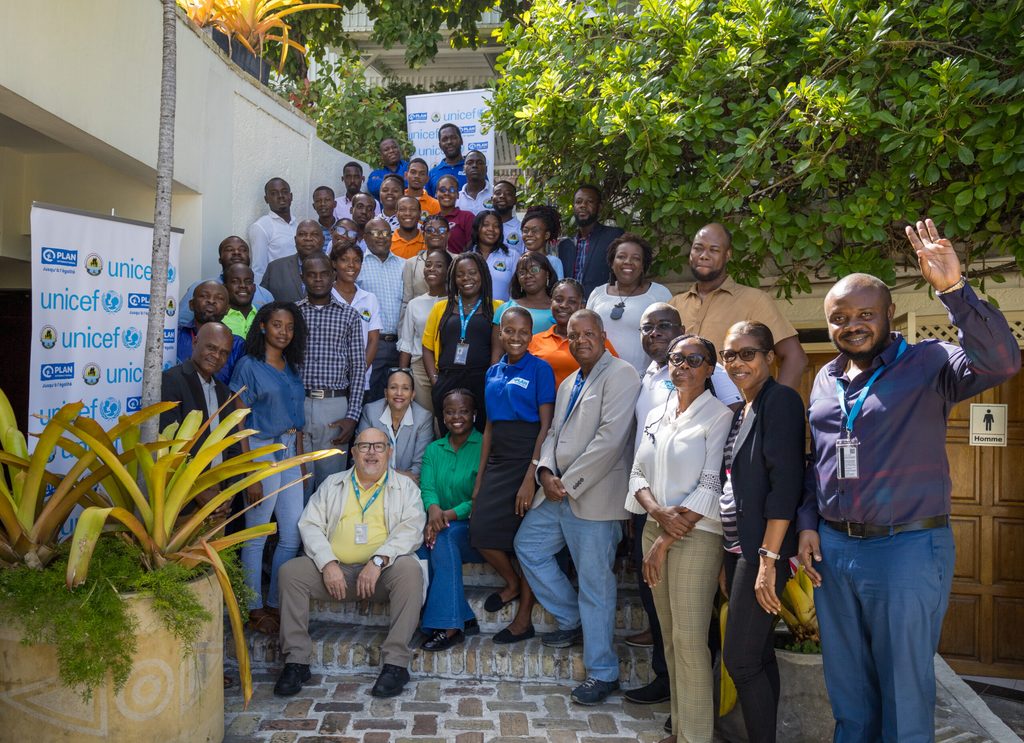
Bringing together child protection stakeholders
To provide better protection services for girls and boys separated, unaccompanied or living with their families in internally displaced person sites in the Port-au-Prince metropolitan area, particularly due to violence from armed groups, a capacity-building workshop was organised from 5 to 9 August 2024, through a partnership between Plan International, Institute for Social Wellbeing and Research (IBESR) and UNICEF.
This workshop brought together members of the child protection sub-sector involved in the care of vulnerable children, psychosocial support and mental health to build their skills and encourage better coordination of actions.
Practical learning
“During this workshop, I was able to learn a lot, especially about children associated with armed forces and groups, unaccompanied children and separated children. I was able to get to grips with the technical terms. There were also several practical cases that gave us a better understanding of how things are done, how to act in the field, in terms of child protection,” said Farah Moise, an intern at IBESR.
The workshop covered the entire child protection cycle, from prevention to rehabilitation. It provided participants with in-depth training on measures to prevent sexual exploitation and abuse and national protocols for dealing with children associated with armed forces and groups, anaccompanied and separated children and mental health and psychosocial support.
New skills and knowledge
The participants gained solid theoretical knowledge of the legal and conceptual foundations of child protection and practical skills. They learned how to:
- Identify vulnerable children and assess their needs.
- Implement appropriate interventions based on international best practices.
- Manage complex cases, such as those involving children who are victims of gender-based violence or associated with armed groups, and those separated from their families.
- Use methodological tools to improve the quality of their interventions.
- Collaborate with other institutions to ensure optimum protection for children.
The workshop also emphasised the importance of psychological first aid and the use of the Minimum Standards for Child Protection in Humanitarian Action as a reference for the quality of services.
All in all, the workshop enabled participants to strengthen their skills and better respond to the needs of vulnerable children, thereby helping to improve child protection in the country.
“What struck me most was the importance attached to strengthening institutions and work in the field. By putting all the institutions on an equal footing, we can improve child protection,” adds Farah.
“The training sessions I attended were of good quality, particularly through a participative methodology that values the skills of the participants.” Said Martial Steevens, who works for Office de la Protection du Citoyen (OPC).
Children are among the most vulnerable to the humanitarian crisis in Haiti. In the first quarter of 2024 alone, 2,500 people, including at least 82 children, have reportedly been killed or injured in armed clashes. It is also estimated that about 277,000 children under 5 will be acutely malnourished in November 2024.
Pictures of the workshop
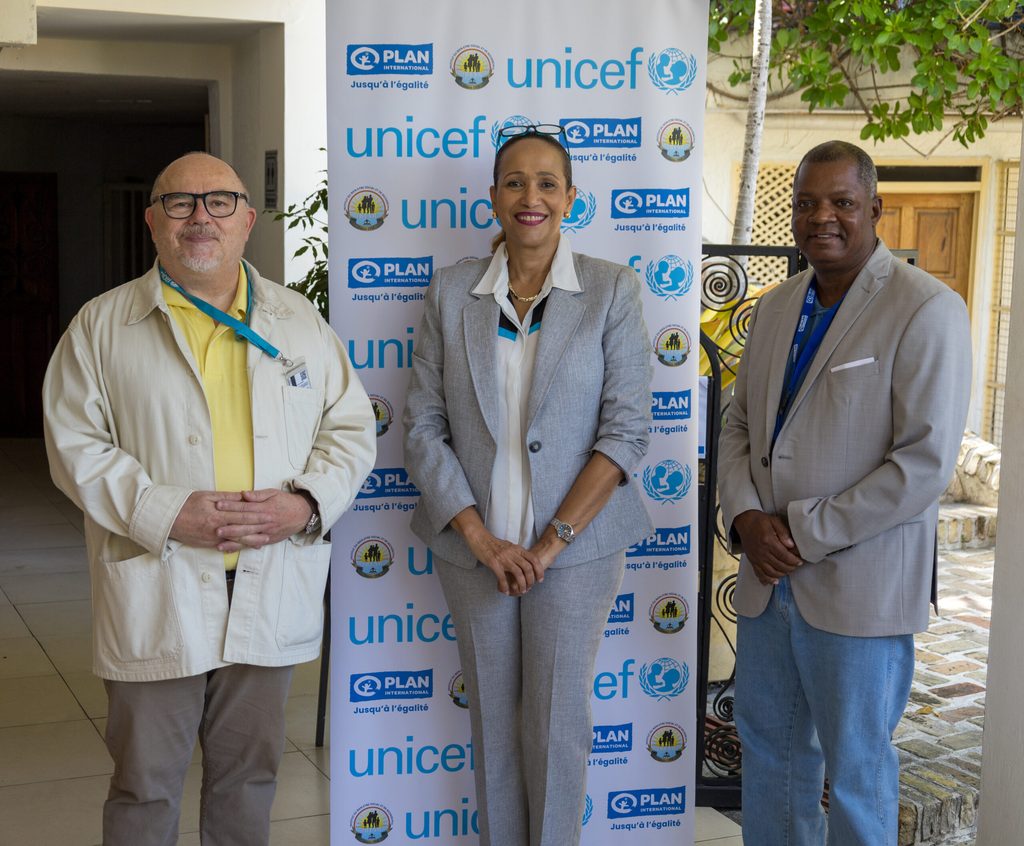
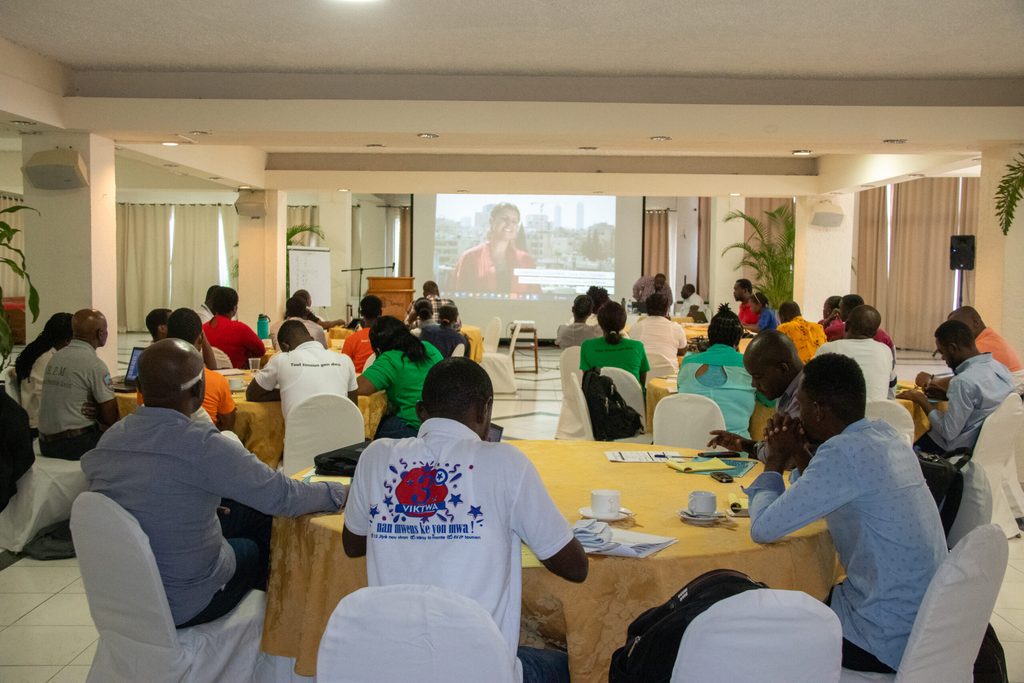
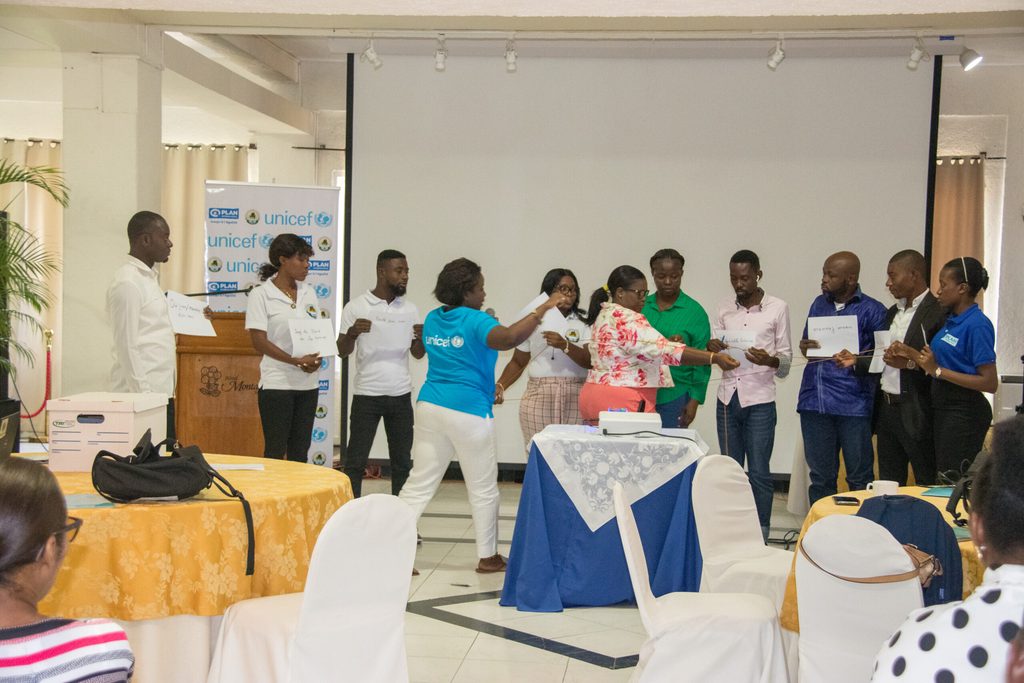
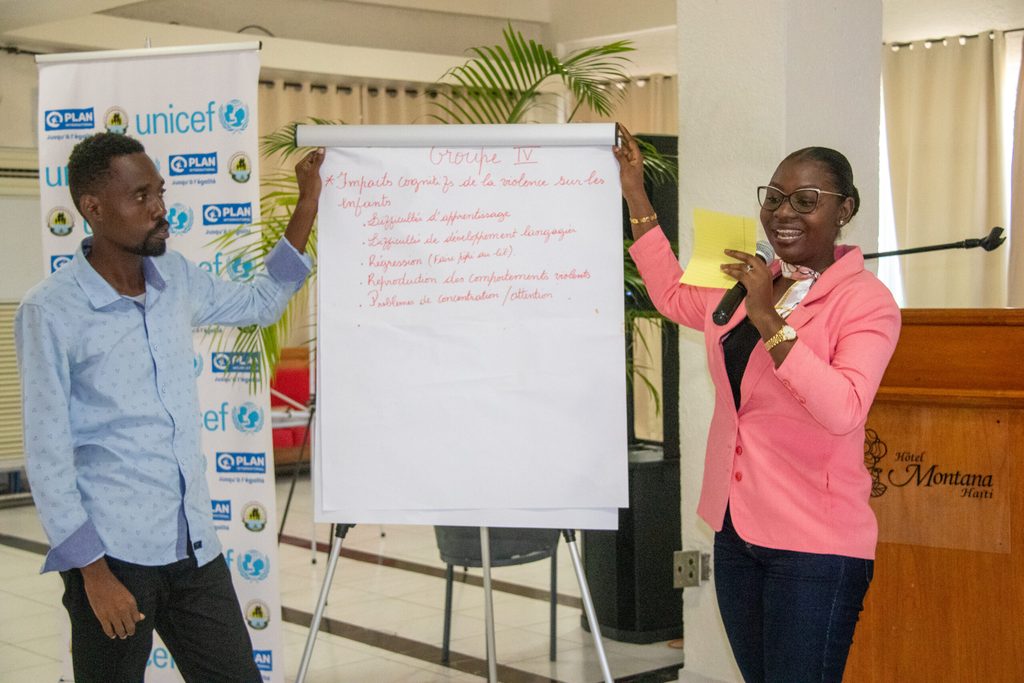
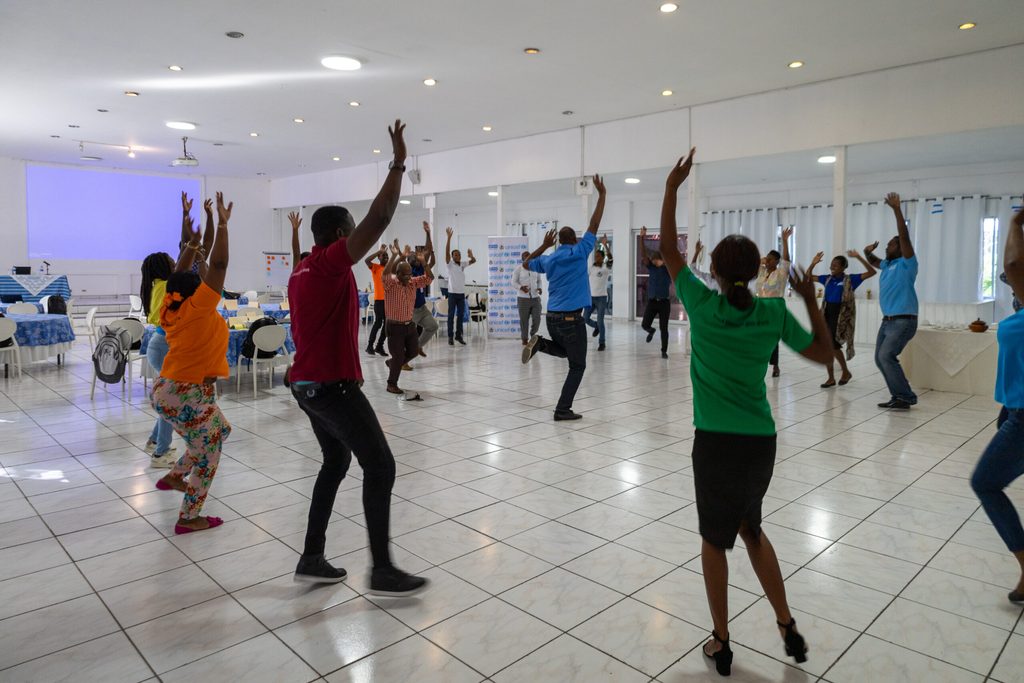
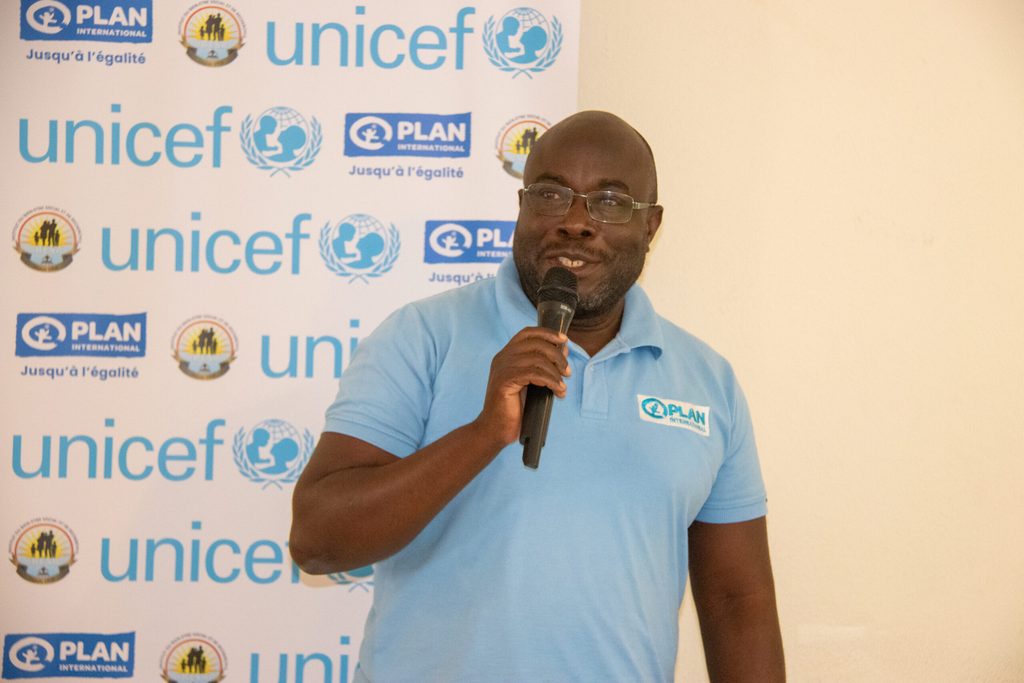
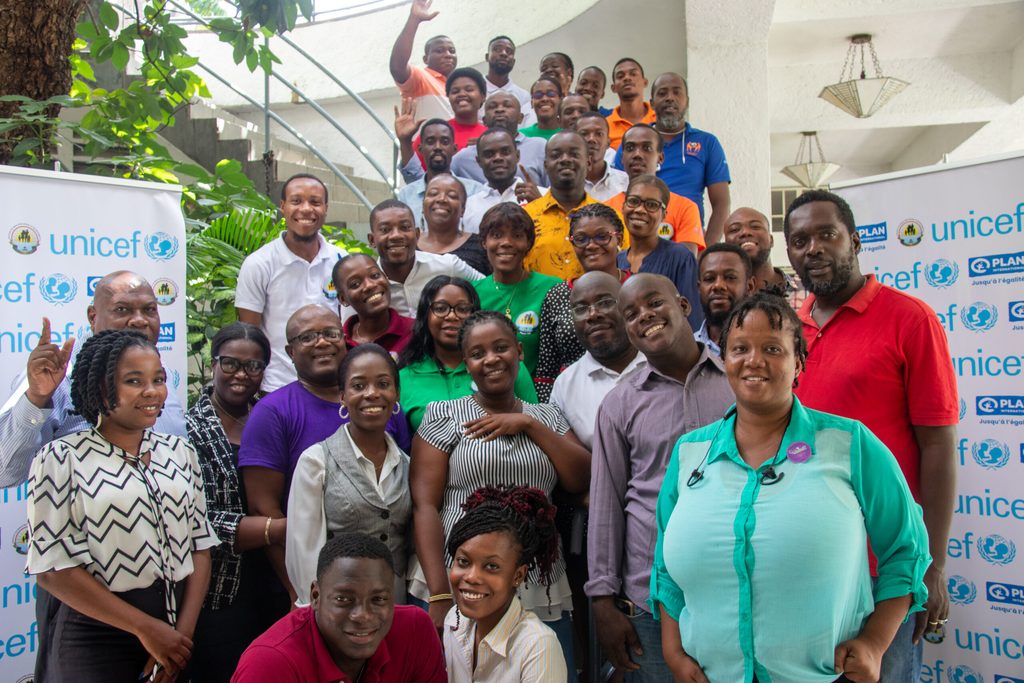
Plan’s commitment and response
Plan remains committed, especially at coordination meetings with stakeholders in the protection sector, to provide technical support as required and to share technical tools to improve the quality of child protection interventions.
We urge that priority is given to the protection of children and adolescents and calls for increased presence and protection in communities in the Port-au-Prince metropolitan area, allowing continued and safe humanitarian access to expand and ensure effective delivery of assistance.
As part of its humanitarian response, Plan is working to meet the most urgent needs of the Haitian population, focusing on ensuring a safe and protective environment for children affected by the crisis. We have expanded our programmes in the southeast, northeast and Artibonite departments, providing psychosocial support, recreational and educational activities in child-friendly spaces and providing cash transfers to prevent further protection risks.


